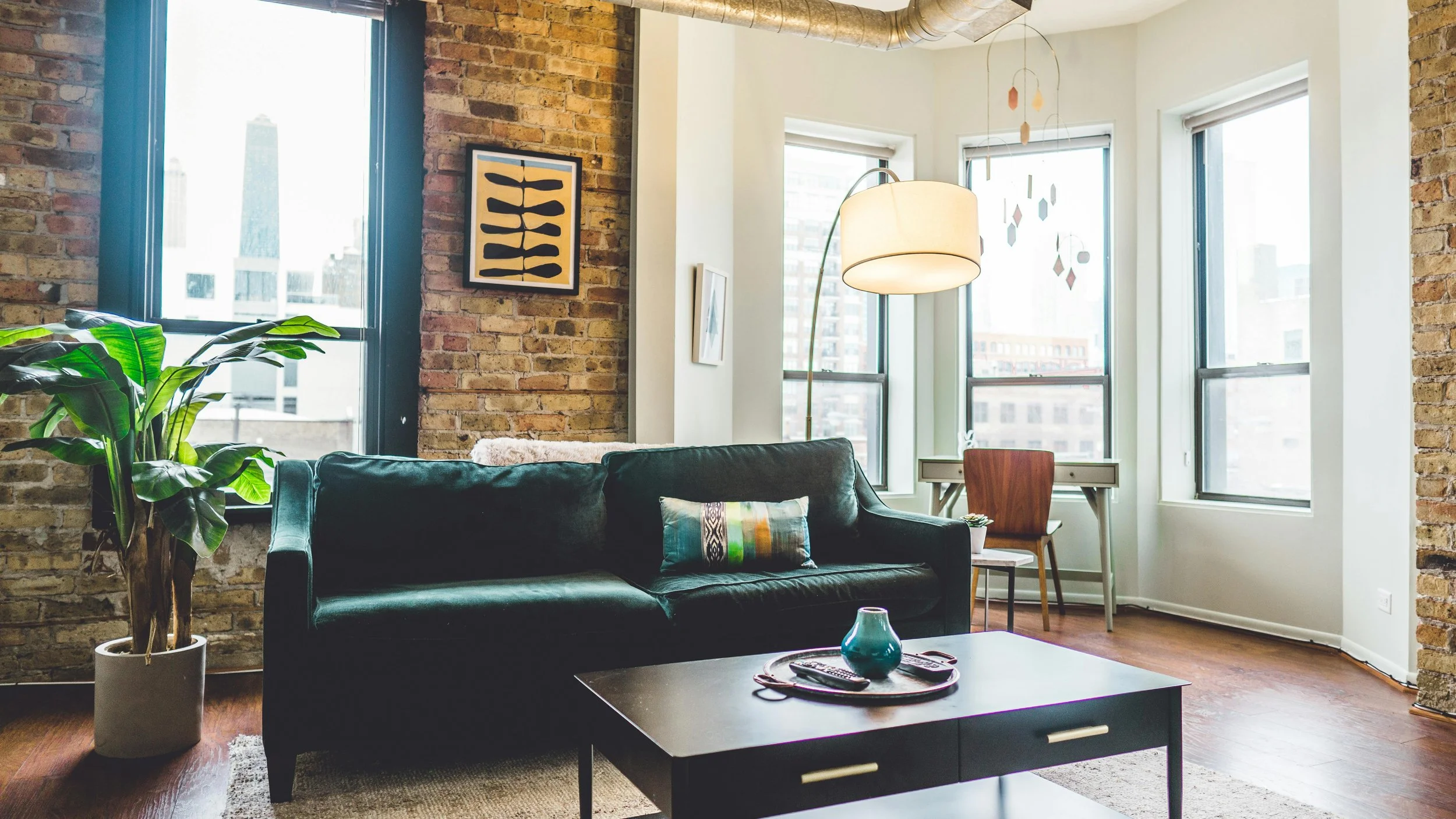How to Sell a Home in Canada, Without a Realtor
Selling your home on your own is more doable than ever — and our app makes it even easier. Here’s a step-by-step guide to navigating a realtor-free home sale in Canada.
1. Get Your Home Ready
Follow a prep checklist to clean, declutter, and take great photos. Presentation matters.
2. Set Your Price
Use market research and online tools (like those built into our app) to find a fair, competitive price for your property.
3. List Your Home
Create your listing through our app, and it will appear on Reboo, MLS, and Realtor.ca — giving you the same visibility as listings with agents.
4. Respond to Buyer Inquiries
Chat directly with interested buyers in-app, answer questions, and book showings using our scheduling tool.
5. Receive and Negotiate Offers
When buyers are ready, they can submit an offer through the app. You can accept, decline, or negotiate until you reach an agreement.
6. Understand the Paperwork
Before listing your property, it’s a good idea to gather essential documents and get familiar with the legal forms you'll need throughout the process. This ensures a smoother experience when you start receiving inquiries and offers.
You’ll need to complete a Property Disclosure Statement (PDS), which outlines any known issues with the home. This is required in most provinces, including British Columbia, Alberta, and Saskatchewan. In Ontario, while a PDS is not mandatory by law, it is often used to build trust with potential buyers.
You’ll also need a Contract of Purchase and Sale (CPS), which becomes the binding agreement between buyer and seller once signed. The good news? Our app provides a ready-to-use CPS tailored to your province, so both parties can review and sign with confidence.
Other common documents include:
Land Title or Deed (confirming legal ownership)
Mortgage Statement (if applicable)
Survey or Property Plan
Utility Information and Property Tax Records
Mortgage Discharge Form if your home is still financed
Some provinces, such as Quebec, require that real estate transactions be finalized through a notary. In others like Alberta or Ontario, a real estate lawyer is used.
Speak to a legal professional early in the process to confirm the requirements specific to your province and to review these documents before you accept an offer. Our app can guide you through preparing each one and flag any missing information.
7. Cooling-Off Periods & Provincial Differences
In British Columbia, there’s a 3-business-day cooling-off period for buyers after signing. This means that even after a buyer signs a contract to purchase a home, they have three business days to change their mind and cancel the contract without penalty. This period gives buyers time to reconsider their decision or perform any final due diligence. If they decide to back out during the cooling-off period, they are entitled to a full refund of their deposit.
Other provinces vary — Ontario, for example, has no mandatory cooling-off period for resale homes. Alberta does not have a general cooling-off period for private home sales either. In Quebec, buyers are typically bound immediately once a promise to purchase is signed and accepted.
Always check local laws or consult a lawyer to understand your responsibilities and timelines.
8. Close the Deal
Once an offer is accepted, bring your completed documents to a property lawyer or notary to finalize the transaction.
No realtor? No problem — with the right tools and a little guidance, you're ready to sell like a pro.

